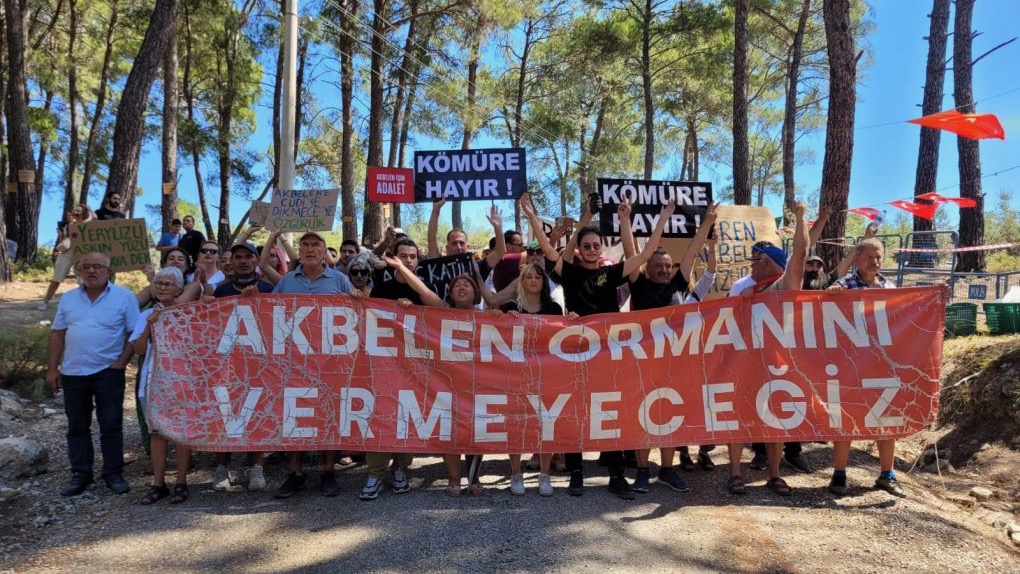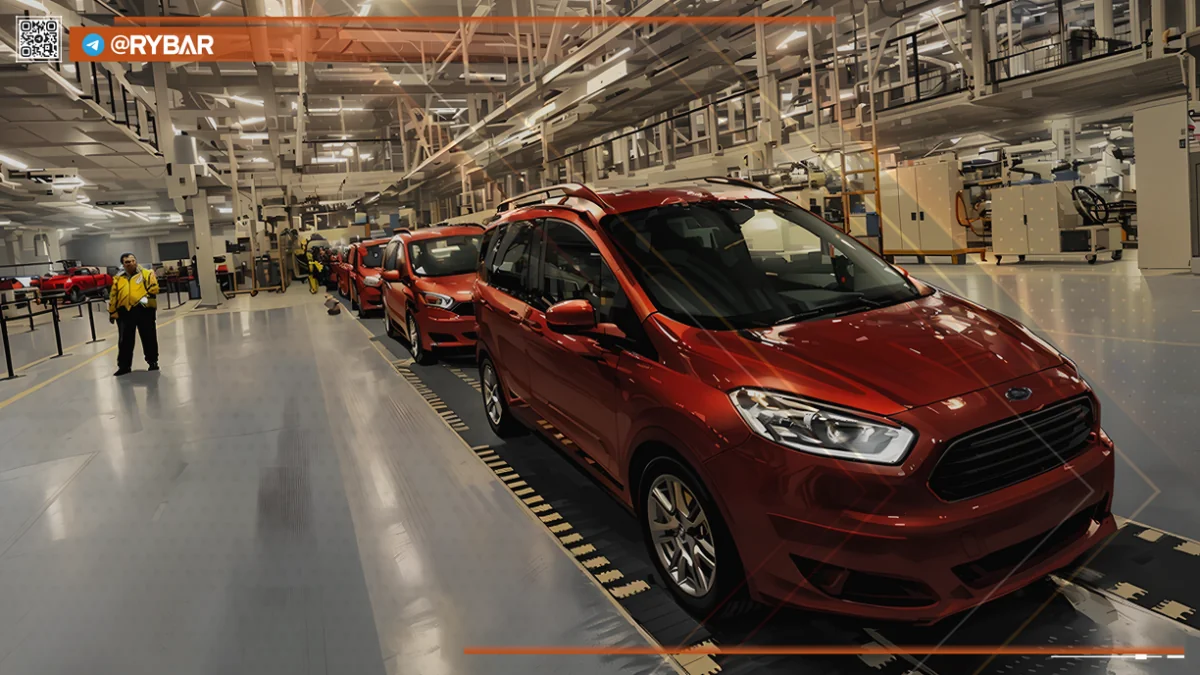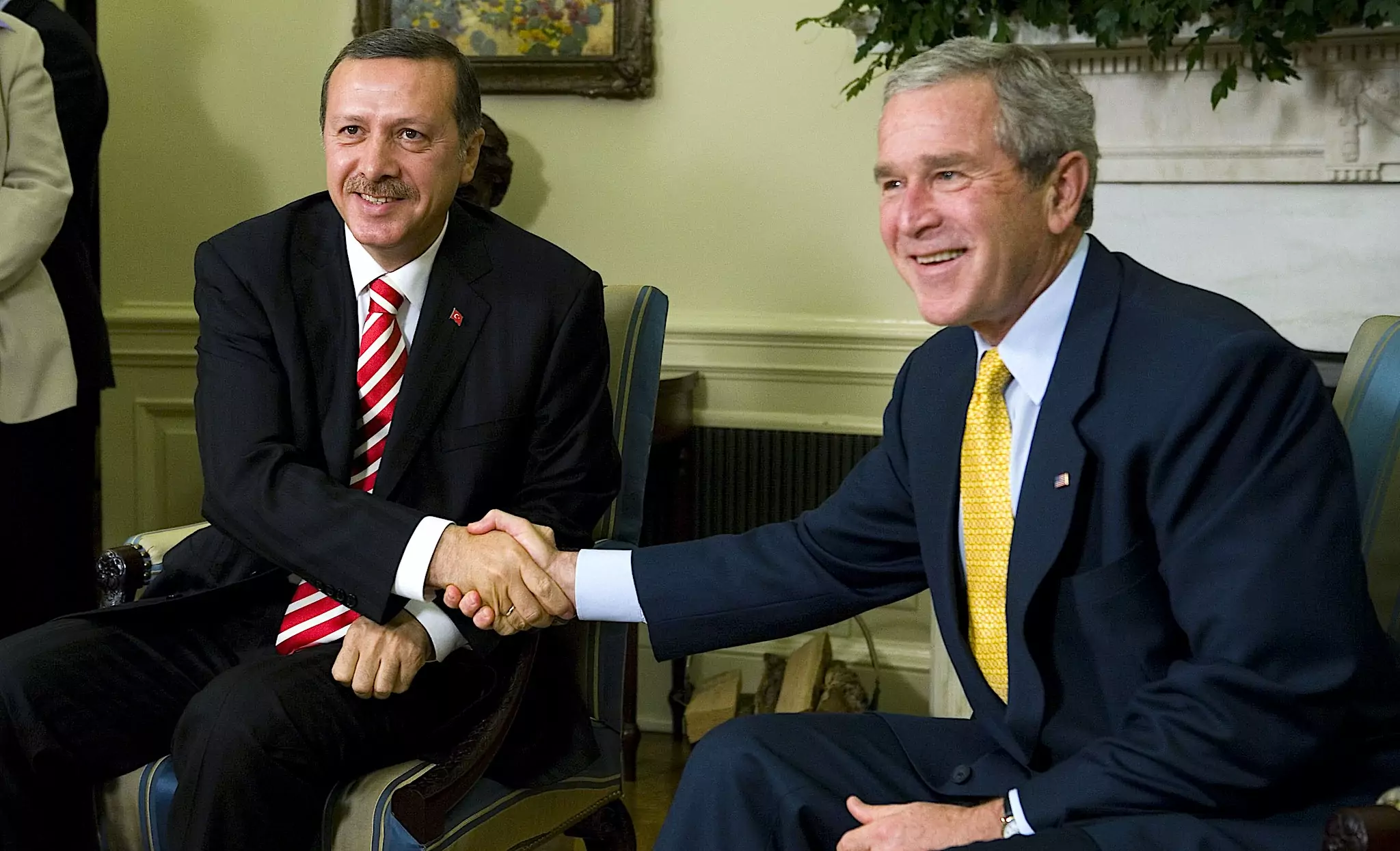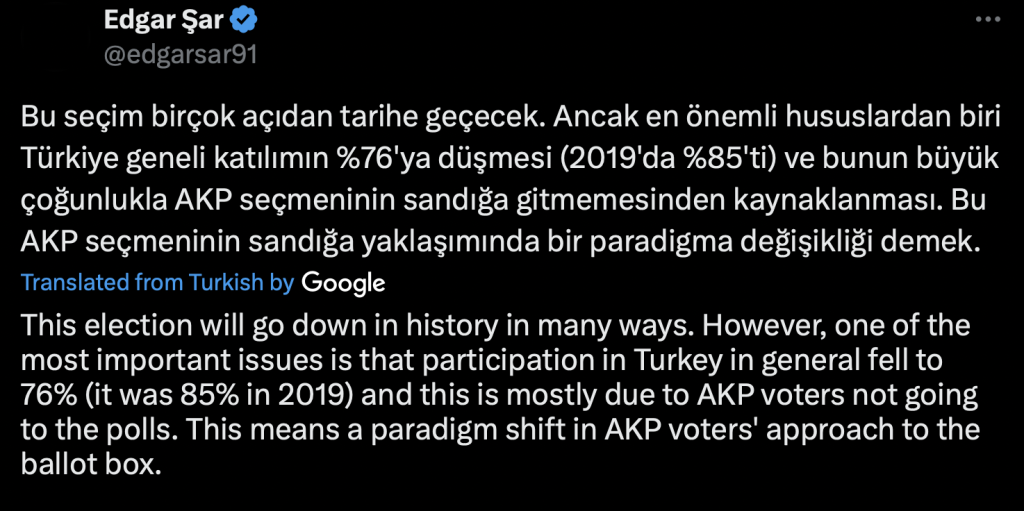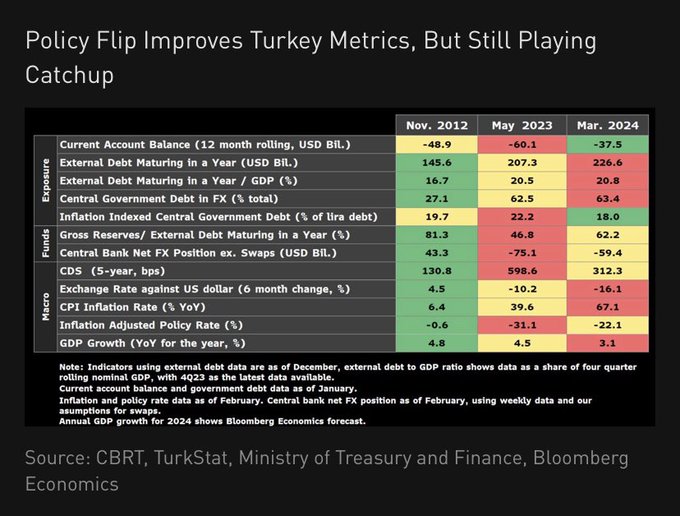A Sino-Turkish balancing act: Economy vs geopolitics
The geopolitical competition between Beijing and Ankara challenges their mutually harmonious Silk Road initiatives. As western pressure on China and its Asian periphery increases, will NATO-member Turkiye choose growth and development over a hegemonic clash?
Erman Çete
AUG 7, 2023

Photo Credit: The Cradle
In the highest-level meeting between Chinese and Turkish officials since 2011, Turkish President Recep Tayyip Erdogan welcomed Chinese Foreign Minister Wang Yi - also a Politburo Member of the Communist Party of China's Central Committee - late last month to Ankara.
Per Turkish accounts, the dominant agenda on the table was the advancement of mutually-beneficial economic issues. After their private discussion, Turkiye's president expressed his desire to fast-track efforts to align China's Belt and Road Initiative (BRI) with Turkiye’s Middle Corridor Initiative (MCI) and to launch the first meeting of the High-Level Working Group established for this purpose.
However, Chinese media's portrayal of the event suggested a deeper geopolitical agenda. According to CGTN, Erdogan told Yi that Ankara does not support NATO’s intensifying campaign in the Asia-Pacific region, and is willing to maintain communication and coordination with Beijing on international and regional issues such as the Ukraine crisis.
The report noted that recent US-China tensions were also referenced, with Erdogan confirming that “Turkiye adheres to the one-China principle and believes that China's development is not a threat.”
The significance of this meeting lies in the growing trade volume between Turkiye and China, which surged by over one-third between 2015 to 2021 (from $27.3 billion to $36 billion), according to the Turkish ministry of foreign affairs. While Turkiye once aspired to emulate China's success, it now serves as a semi-developed raw material exporter to its vastly more advanced counterpart. Turkiye exports various goods, including marble, metals, and ores, while importing high-tech products like phones and data processing machines from China.
Beijing’s recognition of Turkiye as a regional power
The confluence of the BRI and the MCI represents more than just economic ties; it indicates a broader geopolitical realignment. Shanghai-based strategic analyst Shaoyu Cen believes that China recognizes the need to collaborate with regional powers to successfully implement the BRI, telling The Cradle:
“As long as Turkiye helps stabilize this region and enhance the connectivity, China would be glad to see it play an important role as a regional power. If it can balance the US on some issues, it would be even better.”
For Cen, the main obstacle in the way of more cordial Sino-Turkish relations is the Uyghur issue in China’s Xinjiang region. “Turkiye always criticized China on the issue for years. Some Turks even viewed Xinjiang as a part of the pan-Turkism ambition,” says the analyst. Nonetheless, dreaming of interfering in Xinjiang “is exactly an act of overreaching for Turkiye.”
Today, Ankara finds itself at the intersection of conflicting east-west geopolitical interests, particularly regarding the Asia-Pacific region. Umit Alperen, a Visiting Professor at Taiwan's National Chengchi University, informs The Cradle that Ankara’s approach to the Asia-Pacific is primarily economic, rather than political or security-centered:
“NATO’s increasing interaction with QUAD and AUKUS as well as Japan and South Korea in the Indo-Pacific does not ‘directly’ serve Turkiye’s interests. It is no longer a secret that the main objective of NATO’s increased activity in the Indo-Pacific is to limit China’s sphere of influence in the region. Turkiye does not want to be a ‘visible’ part of NATO who is going beyond its own sphere, a force that limits China.”
For Alperen, although Turkiye has not yet mended its relations with the west, it is natural that it does not want to antagonize China in regions that are not in its direct sphere of interest.
However, Ankara faces a delicate balancing act: NATO-member Turkiye cannot overtly resist NATO's Asia-Pacific strategy due to its deep economic ties with countries like Japan and South Korea. Turkiye’s defense industry also shares a significant partnership with South Korea.
According to Alperen, it is unlikely that Turkiye would oppose the inclusion of South Korea and Japan in NATO’s Asia-Pacific strategy: “Turkiye will probably not oppose NATO’s Indo-Pacific strategy, but will give its silent support.”
Overlapping Silk Road initiatives
The Middle Corridor is a rail-based transportation route, connecting Europe through China, Central Asia, the Caucasus, and Turkiye. This corridor, known as the Trans-Caspian East-West-Middle Corridor Initiative, is a crucial component of the historical Silk Road revival. For Turkiye, the Middle Corridor represents the realization of a long-standing pan-Turkist dream: a direct connection to Central Asia through Caucasia.
In the context of China’s BRI, the Middle Corridor serves primarily as a supplementary route. However, for Turkiye, it holds greater significance as it strengthens its ties to Turkic states in Central Asia. This interconnectedness between the BRI and the MCI also poses challenges as it brings China and Turkiye into competition over European trade.
Alperen tells The Cradle: “For the European market, China’s and Turkiye’s products are not complementary to each other, but rather alternatives.” He posits that the increase in China’s market share in Europe causes a decrease in Turkiye’s market share in Europe, and this goes for North Africa, West Asia, and Central Asia markets, too.
In recognition of these dynamics, prominent Turkish businessmen proposed in 2020 to use Turkiye as the US’s gateway to Africa, countering China's influence in the continent. The Chairman of the Turkiye-US Business Council (TAIK), Mehmet Ali Yalcindag, wrote a letter to Republican Senator Lindsay Graham suggesting that:
“Joint ventures in Africa could be an exciting part of this plan. Not only would we be helping fragile economies that will need assistance in recovering, but we also would be striking a blow against Chinese designs in Africa and forging closer economic ties between Turkey and the US.”
The intensified competition between Chinese and Turkish construction firms has played out in Africa for a decade, in which Turkish companies have blamed China for “unfair competition” in the continent. In 2019, struggling Turkish contractors feared being swallowed by cash-abundant Chinese firms. But today, some analysts suggest that Turkish companies are now “nipping at China’s heels across the continent.”
NATO’s limited role in Asia
In Cen’s point of view, NATO does not actually have any “serious plans” in Asia, and regional countries do not believe NATO will actively engage in conflicts “close to the giant,” given China’s proximity.
Some NATO members, driven by “anti-China hysterics,” may seek involvement near China, but Cen believes it wise for Turkiye to distance itself from such impulses. To which Alperen adds this insight:
“China does not pose a visible problem for Ankara on major issues such as Cyprus, the Aegean, the Eastern Mediterranean and Syria, which Turkey regards as its priority areas of interest.”
While an alliance or close friendship between Turkiye and China may be unrealistic, Ankara’s refusal to become a yes-man for the west holds value for Beijing. Turkiye’s independent and influential regional power status makes it a precious friend of China.
Meanwhile, Beijing continues to closely monitor Ankara’s increasing influence in the Caucasus - particularly after the Second Karabakh War in 2020 - and its growing influence on Central Asian countries, which still raises concerns about Pan-Turkic imperialism.
Turkiye’s balanced approach between the US and China, as well as its growing influence in Central Asia, provides leverage for Ankara in its relations with China. NATO's expanding presence in the Asia-Pacific region could also elevate Turkiye’s role as an important actor in global affairs.
https://new.thecradle.co/articles/a-sin ... eopolitics
******
NATO Imposes the Yoke. The SCO Brings Freedom and Equality.
Posted by INTERNATIONALIST 360° on AUGUST 7, 2023
Adnan Akfirat
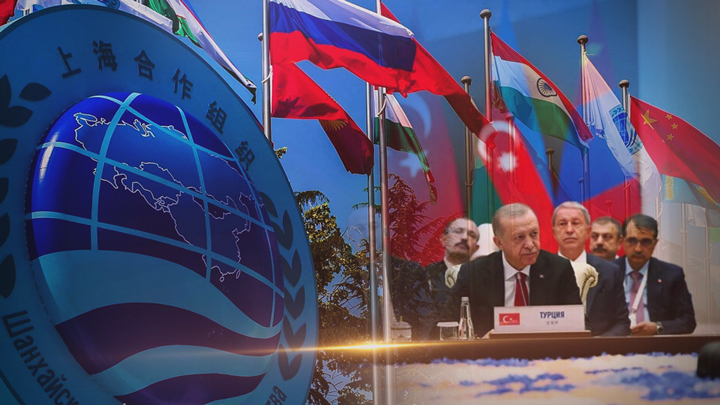
Türkiye should immediately leave NATO and join the SCO and BRICS to protect its sovereignty, territorial integrity and ensure the development of its national economy!
The motto “America must not leave us, otherwise Russia will come” was used by far-right organizations in Turkiye in the 1970s that were governed by the US Gladio.
Thankfully, it is no longer possible to openly defend America. The “conservative” parts of Turkiye have been dramatically freed from the US’s intellectual control after the coup attempt on July 15th, 2016, was crushed. It became very evident that the NATO and US are adversaries of the Turkish state and people.
It is noteworthy the supporters of the US and NATO in Turkiye are trying to disguise themselves as anti-Russian and anti-Chinese. Moreover, Americanism now manifests itself in the form of denigrating international organizations in which Turkiye can take part as an independent and sovereign country, equating them with NATO.
However, the BRICS and the SCO are the opposite of NATO and the EU, moreover, they are as well as the antidote.
You have to give up sovereignty when joining NATO and the EU
The BRICS and SCO are becoming more successful and influential. The world is now multipolar because of the success of these two organizations.
That sworn NATO and EU propagandists and G7 officials persistently spread the lie that the BRICS and the SCO are just variants of NATO and the EU is an attempt to obscure the most important fact of our time.
And, unfortunately, their “enablers” in Türkiye are constantly trying to draw parallels between the SCO and NATO. However, the BRICS and the SCO are completely different organizations from NATO and the EU, not only in terms of their programs but also in terms of their rules, functioning, and goals!
In fact, the summits and other events of the SCO and BRICS are not at all like NATO and the G7, where countries always think alike and speak with the same voice on every issue.
In alliances like the G7 and NATO, everyone depends on “a single leader”. The reality that their summits only ratify the choices previously made in Washington is hidden by the joyful look they give off. This is why President Erdoğan’s statements before every NATO summit are reversed when he attends the summit.
The reason why the SCO and BRICS summits are different is that these organizations are truly institutions of sovereign states and each member legitimately defends its own national interests and preferences.
NATO is an offensive organization, not a defensive one
NATO was established to keep Europe under US control. From its inception, it was an offensive organization, not a defensive one. Parallel states within its member states have been established as “Super NATO” organizations to ensure that NATO members remain under the control of the US. The March 12, 1971, and September 12, 1980, military coups and the July 15 2016 coup attempt in Turkiye are the bitter proofs of this.
NATO promotes “free market” economics, liberalism, and Western individualistic and consumerist culture in order for the US to retain global dominance. It has dubbed itself the guardian of the ostensibly “Free World” in order to establish these principles as dominant. From the outset, it is exclusive, antagonistic, and confrontational. While maintaining control over its member nations, it deems itself authorized to intervene in the internal affairs of other countries and does so on a regular basis. When it fails to obtain the intended outcomes, it resorts to armed action to accomplish its goals.
NATO is a legally bound alliance. It has given itself permission to defend the interests of the United States. Members that join NATO or the EU give up their sovereign rights to these organizations.
Sovereignty is not surrendered in the BRICS and the SCO
In contrast, the SCO and BRICS are built on the “Shanghai Spirit” philosophy of mutual trust, mutual benefit, equality, consultation, respect for the diversity of civilizations, and the pursuit of common development. It is open to all and is ready to cooperate with countries around the world on the basis of these principles. It embraces consultation and inclusiveness in decision-making and operates on a consensus-based model. Every nation is sovereign and being a member of BRICS and SCO does not limit its sovereignty.
The SCO is able to accommodate Pakistan and India despite their great differences and even conflicts because of the “partnership while preserving sovereignty” attitude. China and India have border conflicts but work in harmony in both the BRICS and the SCO.
The SCO is special in that the hierarchy of the group is not based on the allocation of power among its members. Since the organization’s inception in 2001, none of the original member nations has taken the initiative to draft the organization’s guidelines. The SCO doesn’t have a “master” who makes everyone abide by the organization’s regulations!
Each new circumstance determines how the SCO’s rules should be written. As a result, it is unavoidably an extremely flexible framework. No one is holding anyone back or balancing the other within the SCO and BRICS.
We are dealing with an entirely new kind of organization in the SCO and BRICS. Every step of the SCO is an entirely novel event that has never occurred in the annals of world politics.
Thus, after 22 years of development, the SCO has turned into a “big family” with nine member states, three observer states, and 14 dialogue partners, totaling 26 members. Also, Turkiye is part of this big family.
BRICS, on the other hand, already has half of the world’s population and a quarter of the world’s production. BRICS, which will expand with the accession of Argentina, Algeria, Egypt, Iran, Iran, Saudi Arabia, Bangladesh, Guinea-Bissau, and Indonesia, has become a successful alliance of the oppressed southern countries.
The Ukraine conflict showed the difference between NATO and the SCO
The Russia-Ukraine conflict has highlighted the difference between NATO and the SCO. Although Russia is a member of the SCO and BRICS, all member states of both organizations are free to make independent decisions and take independent positions on the war. There is no pressure from BRICS or the SCO to take a particular position.
In NATO and the EU, on the contrary, the opposite is imposed. NATO members are forced to follow NATO policy determined by the US. Likewise, the EU forces its member states to follow the US policy and attempts to punish dissenters like Hungary.
Neither BRICS nor the SCO has a military arm. SCO members also take joint decisions on military matters.
In its current structure, the SCO is a typical defense-oriented organization that primarily addresses regional issues. According to its charter, the organization does not pursue any aggressive or expansionist goals. On the contrary, one of the main goals of the organization is to maintain internal stability against terrorism, separatism, and extremism. It is not only possible but also necessary for the largest countries in Asia to cooperate in the fight against terrorism in order to prevent regional conflicts.
Respect for civilizations is essential
The SCO and BRICS promote respect for different cultures and values rather than imposing certain values. This is why they can incorporate Chinese, Indian, Persian, Russian, Turkish, Latin, and African civilizations. NATO and the EU are predominantly Christian clubs. Within the BRICS and the SCO, Muslims, Christians, Buddhists or those with no religious beliefs exist on an equal footing. All civilizations, all religions respect each other without the superiority of anyone.
BRICS and SCO, do not pursue a policy of defending only the interests of the Western bloc and creating another bloc against it, like NATO and the EU.
Development and peaceful coexistence are the core values of the SCO and BRICS. It promotes cooperation among members in various areas such as joint development, free trade, economic linkages, mutual exchange, easy access, digital economy, energy, poverty, and climate change. The fundamental principle is development through sharing.
The guarantee of peace and stability in Eurasia
By establishing and operating regional multilateral cooperation mechanisms, the SCO is a means for the countries of the Eurasian continent to confront global tyranny together. The SCO is gradually becoming the decisive power of the Eurasian continent. In the coming period, the SCO will expand into the West Asia region. Saudi Arabia, Qatar, and Egypt have announced their readiness to join the organization. Turkey’s SCO membership is becoming a necessity.
Belarus from Europe is also on its way to joining the group. It is foreseeable that the SCO will one day become an international organization covering three continents – Asia, Africa, and Europe – with the largest territory and the largest population of any regional organization.
For a region as diverse in religions, cultures, and ethnicities as the Eurasian continent, inclusiveness rather than exclusivity is a key condition for the success of multilateral cooperation mechanisms.
China supports SCO and BRICS for shared prosperity
As a founding member of the SCO, China attaches importance to, supports, and encourages the development of the SCO and BRICS. Although still a developing country, China offers generous economic opportunities to other member states. Chinese President Xi Jinping recently launched the “China-Shanghai Cooperation Organization Forum” to develop the “Digital Economy Industry”. The forum is tasked with accelerating digital transformation among SCO and Belt and Road countries. China is also assisting member states by accelerating the construction of the “Green Silk Road” and the “Digital Silk Road” through various initiatives.
In 1933, Ataturk heralded: “Harmony and organizations of the age of cooperation”
It is clear that the SCO and NATO are completely different organizations, from their conceptualization to their objectives and operations. The SCO and the BRICS are the common structures through which the common aspirations of humanity can be realized.
BRICS and SCO are organizations that represent the period of harmony and collaboration prophesied by the Turkish Republic’s founder, Mustafa Kemal Atatürk, in his address in March 1993:
“Look at the sun that will now rise in the east. As I see the dawning of the day today, so I see the awakening of all the nations of the East from afar. (…) Colonialism and imperialism will disappear from the face of the earth and will be replaced by a new age of harmony and cooperation among nations, without any distinction of color, religion or race.” (1)
The BRICS and the Shanghai Cooperation Organization (SCO), autonomous and equitable groups of oppressed nations, are where Turkiye currently has a role in the global community. The national direction is to withdraw from NATO and the EU, which have made it clear that their intentions are to destroy the Republic of Turkey, undermine our sense of identity, and establish the Second State of Israel on our borders under the guise of “Free Kurdistan.”
Türkiye should immediately leave NATO and join the SCO and BRICS to protect its sovereignty, territorial integrity and ensure the development of its national economy!
1. Atatürk’ün Bütün Eserleri (Collected Works of Ataturk), Kaynak Publishing House, 2006, vol.26, p.144.
https://libya360.wordpress.com/2023/08/ ... -equality/
